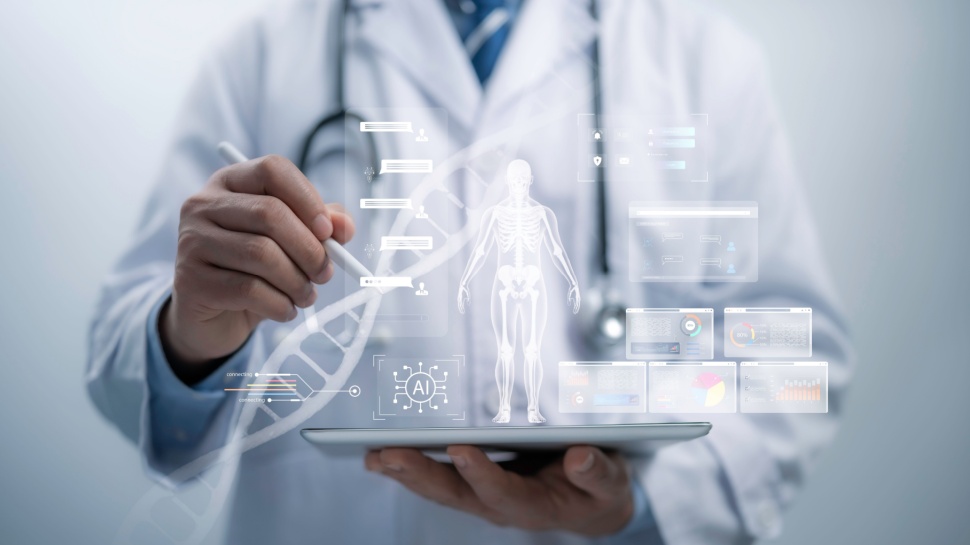This innovative air-powered computer enhances safety in medical device monitoring — but could be used across manufacturing, robotics, and more
Air-dependent device makes monitoring easier and cheaper

Researchers at UC Riverside have unveiled an air-powered computer which offers a novel approach to monitoring lifesaving medical devices.
The technology eliminates the need for electronic sensors, providing a more reliable and cost-effective method to prevent blood clots and strokes.
The air-powered computer is roughly the size of a matchbox, yet it replaces multiple sensors and a computer, reducing the overall complexity of medical monitoring systems.
Air-powered computer for device monitoring
This technology was developed by researchers at the University of California, Riverside, and utilizes microfluidic valves to create a low-cost, efficient method for identifying failures in pneumatic systems, which are prevalent in various industries, including healthcare, manufacturing, and robotics
Detailed in the Journal Device, the device operates solely on air, and issues warnings when devices malfunction. Pneumatic control systems are vital in many mechanical applications, from train brakes to medical devices like Intermittent Pneumatic Compression (IPC) devices, which are commonly used to prevent blood clots by periodically inflating leg sleeves that enhance blood circulation. These devices are crucial in preventing serious conditions such as strokes and pulmonary embolisms.
Typically, IPC devices rely on electronic components to function and monitor their performance. However, electronics can make these devices expensive and less reliable in certain conditions. The new air-powered device replaces these electronic elements, making IPC devices safer, more affordable, and easier to maintain.
William Grover, an associate professor of bioengineering at UC Riverside and one of the authors of the study, explained the computer uses pneumatic logic to operate similarly to how electronic circuits function.
Sign up to the TechRadar Pro newsletter to get all the top news, opinion, features and guidance your business needs to succeed!
The device counts binary messages—ones and zeroes—using air pressure differences that flow through 21 small valves. This system ensures the IPC machine is functioning correctly. If the computer detects an error, it triggers a whistle, signaling that the device requires immediate attention.
In a demonstration video, Grover and his students intentionally damaged an IPC device to show the computer's effectiveness. Within seconds, the whistle blew, alerting them to the malfunction.
The potential applications of air-powered computing extend beyond medical device monitoring. Grover envisions using this technology in other hazardous environments where traditional electronic devices might pose risks.
For instance, he is interested in developing air-powered robots that could work inside grain silos. Grover said, “A remarkable number of deaths occur because the grain shifts and the person gets trapped. A robot could do this job instead of a person. However, these silos are explosive, and a single electric spark could blow a silo apart, so an electronic robot may not be the best choice...I want to make an air-powered robot that could work in this explosive environment, not generate any sparks, and take humans out of danger.”
More from TechRadar Pro
- AI push from US tech giants leads to skyrocketing water consumption figures
- These are the best laptops for programming
- Take a look at the best business laptops

Efosa has been writing about technology for over 7 years, initially driven by curiosity but now fueled by a strong passion for the field. He holds both a Master's and a PhD in sciences, which provided him with a solid foundation in analytical thinking.